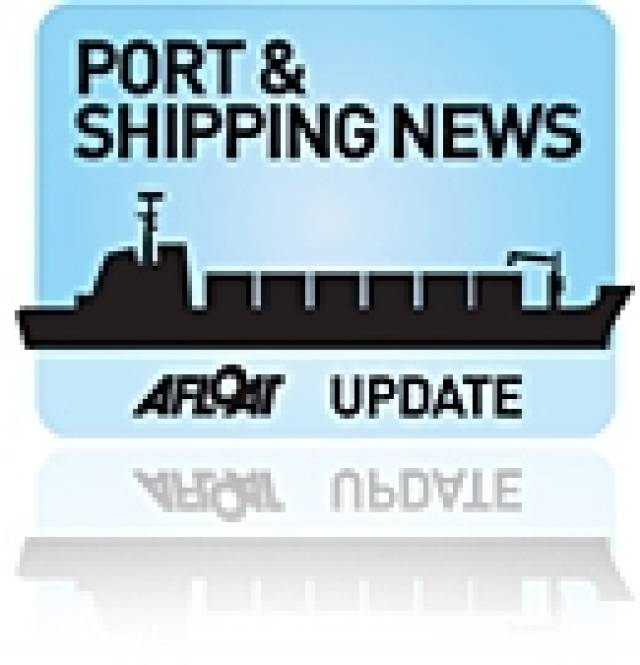#ESPOjunker - The European Sea Ports Organisation (ESPO) in late January held an internal seminar on infrastructure financing.
The seminar aimed to give ports some practical information on what to expect from European Investment Bank (EIB) lending and financial instruments.
Speakers came from the European Commission, European Investment Bank and the EU's Innovation and Networks Executive Agency (INEA). Presentations focused on the new European Fund for Strategic Investment (EFSI) that is being set up following a recent initiative by European Commission President Jean-Claude Juncker, as well as existing instruments such as classic EIB lending, the Loan Guarantee Instrument for Trans-European Transport Network Projects (LGTT) and project bonds.
Ports were particularly interested in the details of the Juncker Plan. The European Fund for Strategic Investment (EFSI) aims to leverage investments in the magnitude of €315bn by covering part of the risk of projects.
For this purpose, the EU plans to set up a guarantee fund. Of the €8bn that are to be taken out of the EU budget for the new guarantee fund, EUR 2.7bn are to come from the transport envelope of the Connecting Europe Facility (CEF), in particular from the general grant part of the CEF envelope.
This means that the overall sum available for grant funding of transport projects (in non-cohesion countries) is considerably cut by the Juncker plan. The existing envelopes for financial instruments and transport investments in cohesion countries remain untouched.
The TEN-T Guidelines defined a stringent methodology for the eligibility and priorities of transport infrastructure. During the past year, the Commission, member states and infrastructure managers have jointly worked on corridor work plans that are to identify the priority projects with the highest European added value that should thus be the first recipients of EU funding.
In this methodology, ports are seen as the entry and exit points to the European corridors and are thus the strategic starting point for defining the transport needs of Europe. However, under the EFSI, any European transport project independent of location and mode of transport can receive funding. This shifts the logic away from the carefully chosen transport priorities of the CEF and TEN-T
Moreover, the EFSI does not ring-fence money for any particular type of investments. Different sectors ranging from energy, to education and health will be competing for financing. The money transferred from the CEF could thus end up being absorbed by other sectors if these are better able to present mature projects with clear revenue streams.
ESPO Secretary General Isabelle Ryckbost said: "Ports have been given a strategic role in the new TEN-T policy. We are a little concerned about what we have learned today about the new European Fund for Strategic Investment. By shifting a part of the CEF grant money to the new financial instruments we are not only diminishing the possibility for ports of receiving a grant but there also seems to be a possible shift in priorities."
She added "The criteria used by the EIB to assess projects are very different from the priorities set by the new TEN-T policy, which recognises the important role of ports as core nodes of Europe's Transport Infrastructure and entry and exit points to the European corridors."
































































